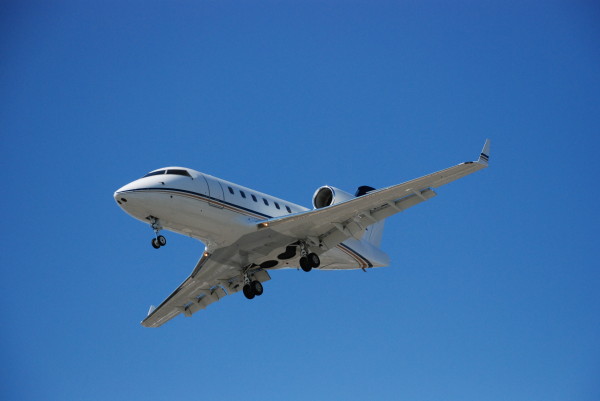
By Kevin Liu
A few months ago I found myself sitting at the airport terminal for a flight back to Los Angeles with an uncomfortable thought: I’m never quite sure what to call home.
I remember talking to a shop clerk and it wasn’t more than a few minutes when she made the oh-so-classic “Hah, you’re not Taiwanese, are you?” At this point in my life, having met with this kind of reaction all too often since being in America, I have become quite unfazed. Jaded, even.
While I usually just shrug it off as a compliment and justify it to myself as “proof of being raised abroad,” cause God knows how any of us will ever be able to justify the point in the millions of dollars spent on getting a full “Western” education, I couldn’t help but feel a sense of exclusion: a sharp sense of not belonging. Excluded by my own kind, the hundreds and thousands of black haired, brown eyed, Taiwanese faces my parents have convinced me were my kin from an early age. It is a distressing thought.
The reality, however, is a little more blurry – while we do share similar features, speak the same tongue and enjoy the same luxuries such as Taiwanese sausage and Stinky Tofu, when you spend most of your life, your childhood, outside of “where you’re from,” it is difficult to really identify yourself as simply Taiwanese, Chinese or Korean. What it really comes down to is a struggle and negotiation of the identities we, as Asian Americans, have to balance. As APAs, we’re always going to be “on the fence” in terms of our ethnic identity. Beyond the colour of our skin, we are far more complex identities coloured by our experiences.
As Asian Americans, we go through a fundamentally different experience than our compatriots at “home.” I look Taiwanese, I have a healthy appreciation of the cultural heritage but I grew up in an English-speaking world with different values. I did not get the Taiwanese experience and since I didn’t go didn’t go through that, there are certain things that will, regardless of where I go, differentiate me from the others who also hold a Taiwanese passport. Because of my experiences, my life story, the way I think, feel and how I navigate this world is different.
The question that comes out of all this is how do we really deal with this crisis of identity? Being “on the fence” is just a euphemism for “I don’t know who I am” or “I don’t truly belong to one or the other.” I am humbled by the wealth of experiences my family has provided me, but is that enough to find who I am?
I joked back to the store clerk “Hah, in America, people don’t consider me an American and here, people don’t consider me Taiwanese,” laughed and then left the store, merging back into the sea of black haired, brown eyed, Mandarin speaking individuals.
ABOUT THE AUTHOR: Kevin Liu is a Taiwanese-American who finds himself in California after spending most of his life across the ocean in New Zealand. He is finishing up school in Los Angeles and is passionate about helping start-ups and innovative ventures take off. When he is not studying or working, he is a dedicated foodie and enjoys running around downtown L.A. Learn more about Liu’s work at http://kevinliu.co/.
Photo Credit: Marcus Obal, Wikimedia.org Creative Commons








